The dialogue writers seem to think that not understanding English jargon makes a character stupid.
Several months ago, Dipashikha spoke a Marathi sentence in which the operative words were all English. Daulat reasonably asked her to talk to him in Marathi. Instead of correcting her own miscommunication, Dipashikha snapped at him: Mī Marāṭhītaça bolateya!
On Monday's episode, when Hema used the word "possessive" but didn't understand "chivalry," Latika could have politely translated into Marathi: strī-dākṣiṇya. Without provocation, Latika rudely told Hema, Rāhū de. Nāhī kaḷaṇāra tumhālā.
The writers assumed that the first joke was at Daulat's expense because he was a buffoon, and the second joke is at Hema's expense because she's envious of Latika.
Not mixing languages isn't stupidity; at worst, it's ignorance of other languages from lack of exposure. Total reliance on loan words is also ignorance. If anyone should be ridiculed, it's people like Dipashikha or Latika for not being fluent in their own native language, and for being conceited too.
Sakhi, who tactlessly told Hema, Tumaçaṃ kāhī emaça navhataṃ, still had the decency to translate "aim" as dhyeya so that Hema could comprehend her gibe. For once, Sakhi behaved better than Latika!
Although the idea that growing up means wearing a sāḍī is nonsense, Hema was right to say that bāī, not mulagī, is the correct word for Sakhi at twenty-two years old. She is old enough to be married and keep house, even if she chooses not to. Staying in school creates an illusion of prolonged childhood, but education should produce responsible adults.














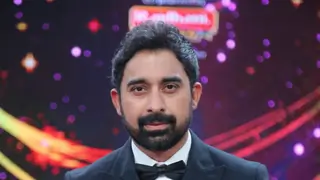


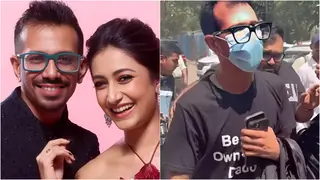
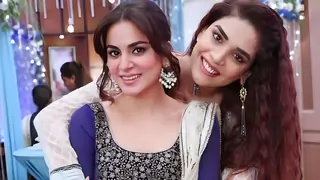

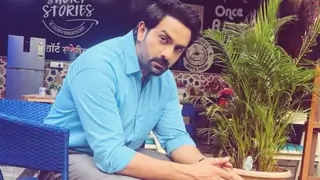

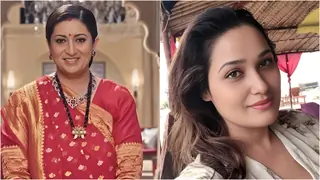









31